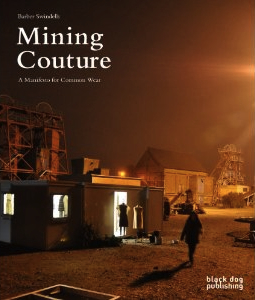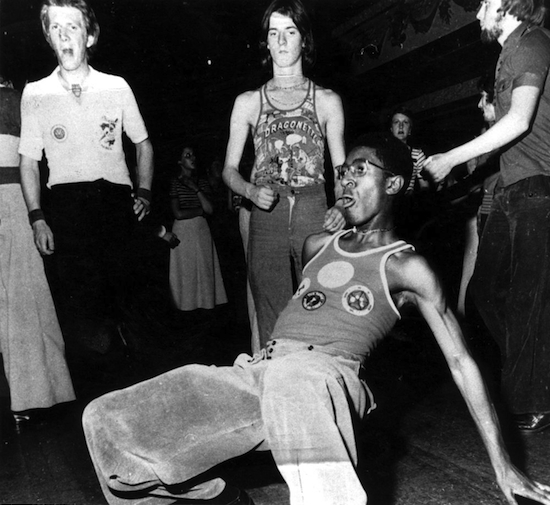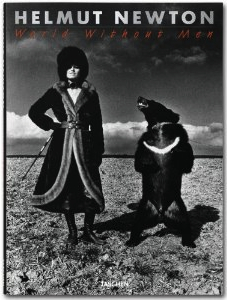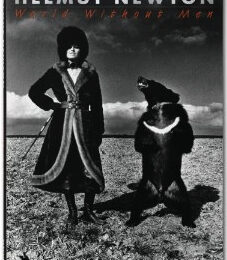Helmut Newton – World Without Men
(Published by Taschen, available now)
It’s hard not to be cautiously optimistic upon reading the title of this latest monograph – separating Newton’s work from the male gaze is like sifting for gold in a riverbed of other precious metals: there is good reason, nine years after his death, that the Berlin-born photographer remains so highly lauded and often imitated, but his work has traditionally and characteristically relied on a certain erotic charge.

Granted, that charge is perhaps benign by contemporary standards – powered by semi-nudity and implied sexuality, rather than outright pornography, a sort of erotica noir – and has been taken in interesting new directions by other photographers (like Ryan McGinley) who embrace the nude but distance themselves from its sexual element. But, the question remains, does Newton’s work function without the suggestion of a man behind the lens?
Sadly, this volume fails to answer that question in any "real" sense, but does so in spectacular aesthetic form. In an age where tubes and torrents of seemingly unlimited orifices abound at the click of a button, the nuanced fashion-centric erotica in World Without Men retains its artistic integrity and its charge, invoking the spirit of David Lynch’s Blue Velvet, Polanski’s Chinatown and the contemporary zeitgeist. No mean feat.

© Helmet Newton Estate
Barber Swindells – Mining Couture: A Manifesto for Common Wear
(Published by Black Dog, available now)

Mining Couture is a true homonym in the sense that Swindells’ book is – as it claims to be – a visual study of the relationship between coal mining and sartorial history, but also a self-reflexive study of the fashion industry its self; far removed in its aesthetic and its ideologies from those of the traditionally working class mining communities.

Swindells’ Manifesto for Commonwear, as the book is subtitled, is entirely textless save a brief introduction and epilogue – an interesting turn considering the disparate nature of its two subjects. This seems a little obnoxious at first, but it is clear that this is a unique beast: a subjective manifesto, where the reader is encouraged to draw his or her own conclusions from the material provided.

This is one of those books that you’re either going to "get" right off the bat and love, or be flummoxed by and forced to call out for its pretentiousness. Regardless, its hard to deny the evocative power of the photography and near impossible to not draw some kind of symmetry.
Josh Sims – Ben Sherman: 50 Years of British Culture Style
(Published by Ben Sherman, available now)

The term "heritage" gets bandied about a lot these days – mostly in ways that have next to no meaning. (See: myriad examples of Heritage Fit, Heritage Check – etc. – cluttering the digital aisles of less-than-a-decade-old retailers.) There are few brands, fewer still that remain perennially popular, that can lay genuine claim to the label. Definitively among those peculiar few, however, is Ben Sherman – a staple of British culture which this year celebrates is golden anniversary.

What sets Ben Sherman’s half-century long history apart is the unique way in which it has belonged to everyone and no one in particular at the same time: the Mods, the Punks, the Skinheads, the Teddy Boys – each of them can lay claim to the brand as their outfitter of choice.

In this newly-published collection of photographs, a graphic representation of the brand’s enduring and disparate legacy, with text by Josh Sims we’re treated to more than just a fifty year catalogue of suits and boots: the book is a window, not just in to the aesthetic and material works of Ben Sherman but also to the lively and diverse spirit of a British classic.
Follow @theQuietusBooks on Twitter for more



